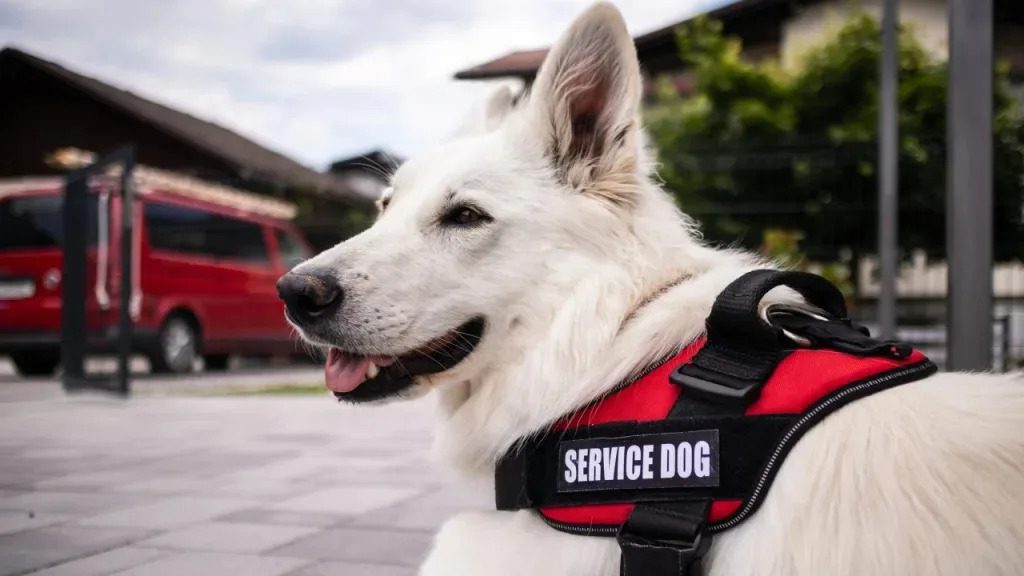Description
Service Dog Training refers to the specialized process of training dogs to assist individuals with disabilities. These dogs are trained to perform tasks that mitigate their handler's disability, enhancing their independence and quality of life. The nature of the training depends on the specific needs of the person the dog will be assisting.
Key aspects of Service Dog Training include:
- Task Training: Service dogs are trained to perform specific tasks tailored to the handler's disability. For example, a dog might be trained to alert a person with hearing impairment to sounds, guide a person who is visually impaired, or retrieve items for a person with mobility issues.
- Public Access Training: This training ensures that the dog behaves appropriately in public settings. It includes teaching the dog to navigate through crowds, ignore distractions, and maintain calm and disciplined behavior in various environments.
- Disability-Specific Training: The training is often customized to the specific type of disability. For instance, dogs trained for individuals with PTSD may learn to provide calming pressure during anxiety attacks, while those trained for people with epilepsy might learn to detect and respond to oncoming seizures.
- Socialization and Obedience: Essential to service dog training is the dog's ability to interact safely and calmly with people and other animals, as well as to respond to basic and advanced obedience commands.
- Legal Compliance and Certification: In many regions, service dogs must meet certain legal standards and may require certification. This aspect of training ensures that the dog and handler meet the legal requirements for access to public spaces.
It's important to note that service dog training is distinct from therapy dog training or emotional support animal training. Service dogs have legal access rights to accompany their handlers in public places, while therapy and emotional support animals do not have the same level of public access.
Professional service dog training can be a lengthy and intensive process, often taking months to years to ensure the dog is fully prepared to assist their handler in a variety of situations.





